As we age, the tasks that once seemed simple can become increasingly difficult. One of the most challenging aspects for seniors is maintaining a clean and safe home. If you have elderly parents, friends, or family members who live independently, you may have noticed that keeping their home clean is not as easy as it once was. If you’ve been helping an elderly loved one with their cleaning tasks, you’re likely looking for ways to help them stay self-sufficient while ensuring their home remains a safe environment. Here are some house cleaning tips for seniors that can make a significant difference.
Understanding the Challenges Seniors Face with Cleaning
Physical and Mental Limitations
Aging often brings about a decrease in physical strength, flexibility, and endurance. Tasks that require bending, lifting, or repetitive motions can become particularly taxing for seniors. Additionally, cognitive decline may affect a senior’s ability to remember cleaning routines or manage multiple tasks at once. It’s essential to recognize these limitations and adapt cleaning tasks accordingly.
The Importance of Maintaining a Clean and Safe Home
A clean home is not just about aesthetics; it’s about safety. Every year, millions of seniors suffer injuries from falls, often due to clutter or slippery floors. Keeping a home clean and organized reduces these risks and helps create a living environment that supports a senior’s health and well-being.
Essential House Cleaning Tips for Seniors
Prioritizing Safety in Cleaning Tasks
Safety should always come first when it comes to house cleaning tips for seniors. Identify tasks that might be physically demanding or potentially dangerous for a senior, such as vacuuming, scrubbing floors, or taking out the trash. These tasks should be handled by someone else, whether it’s a family member, friend, or professional cleaner.
Creating a Senior-Friendly Cleaning Checklist
A cleaning checklist can be a lifesaver for seniors. It helps them stay organized and ensures that essential tasks are not overlooked. The checklist should include daily, weekly, and monthly tasks, and should clearly indicate which tasks can be done independently and which ones require assistance.
Organizing and Storing Cleaning Supplies Safely
Keeping cleaning supplies in an accessible, safe spot is crucial. For seniors living in multistory homes, consider storing a set of supplies on each floor to avoid the need to carry heavy items up and down stairs. Lightweight, easy-to-use cleaning tools are ideal. For instance, a small handheld vacuum can be a better option than a heavy, upright model.
How to Help Seniors Maintain Their Independence
Setting Up an Accessible and Organized Living Space
Helping a senior organize their living space can significantly reduce the physical demands of cleaning. Ensure that frequently used items are stored within easy reach to avoid unnecessary bending or stretching. Establishing a designated place for essential items like keys, remote controls, and medication can help keep the space tidy and reduce frustration from misplaced items.
Encouraging Regular, Light Cleaning Habits
Encourage seniors to engage in light cleaning tasks regularly, such as wiping down countertops, dusting, or tidying up common areas. These tasks can help them maintain a sense of independence without overwhelming them physically. It’s important to set realistic expectations and remind them that it’s okay to ask for help with more strenuous tasks.
Knowing When to Ask for Help
Independence is important, but so is knowing when to ask for help. Seniors should feel comfortable reaching out for assistance with tasks that are beyond their physical capabilities. Regularly checking in with them and offering help before they ask can also make this process easier. You may also want to think about hiring a maid service.
Beyond Cleaning: Additional Care Tips for Seniors
Checking and Maintaining Safety Devices
While you’re assisting with cleaning the NCOA says to take the time to check safety devices like smoke detectors and carbon monoxide alarms. Ensure they are in working order and replace batteries if needed. If your loved one has trouble hearing, make sure they can hear these alarms when they go off.
Food and Medicine Management
Cleaning out the fridge and pantry can help reduce the risk of consuming expired food. Assist seniors in organizing their medications as well, perhaps with a pill organizer or reminder system. These small actions can have a big impact on their health and safety.
Preparing for Emergencies
Lastly, ensure that seniors are prepared for emergencies. Help them create an emergency kit with essentials like a fully charged phone, a list of emergency contacts, and any necessary medications. Discuss plans for different scenarios, such as what to do in case of a fall, to give both you and your loved ones peace of mind.









